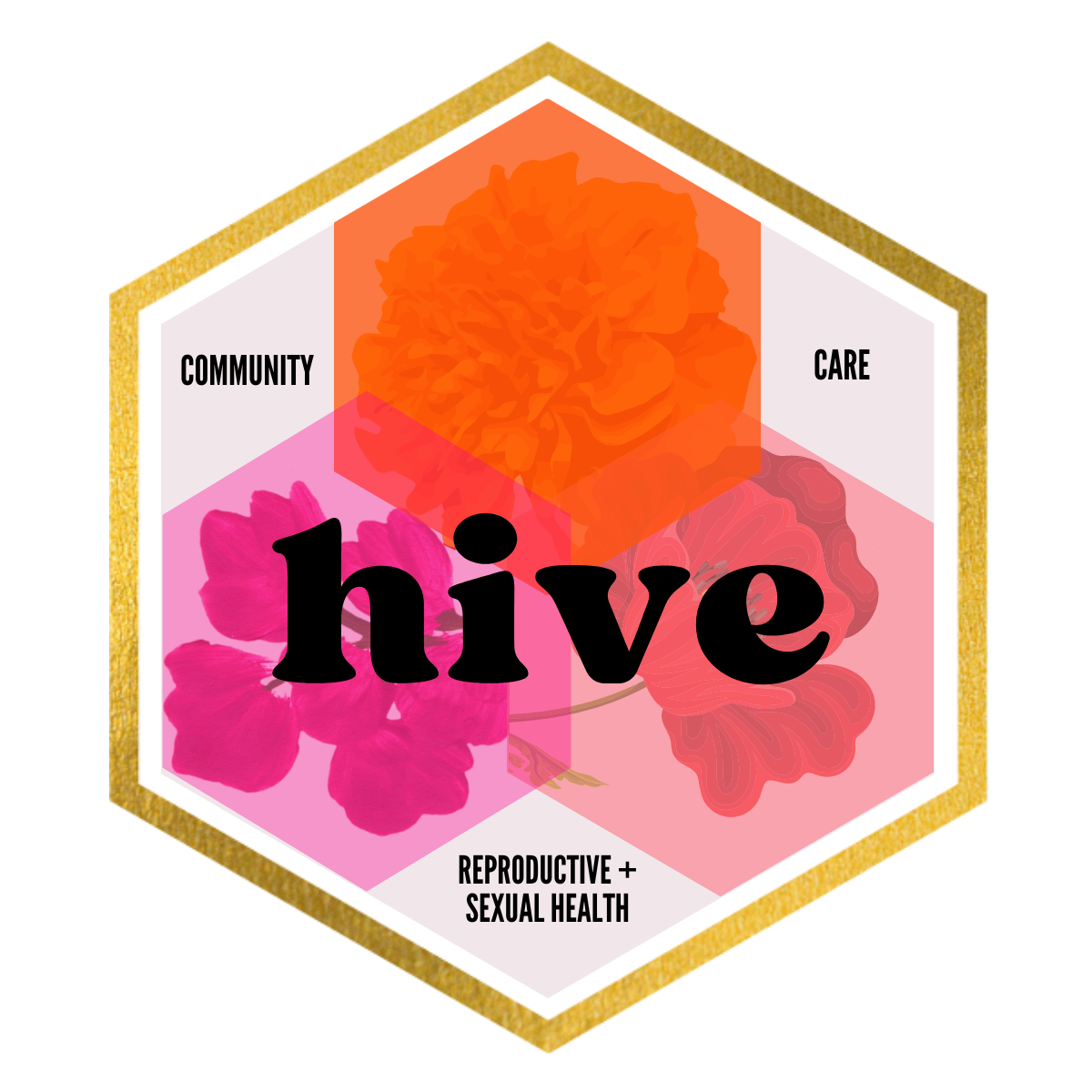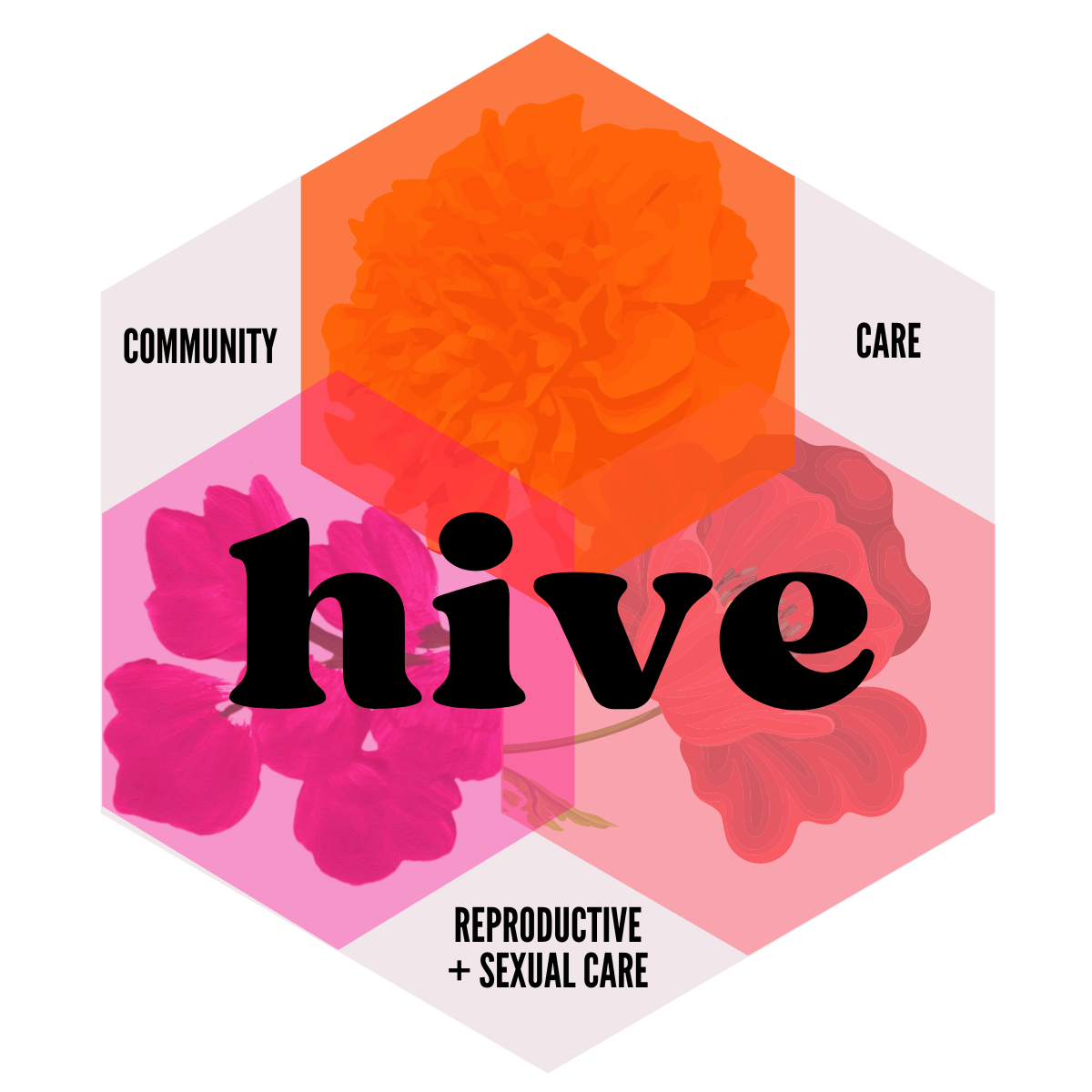
We encourage all providers and institutions to create and promote a non-judgmental, trauma-sensitive, family-inclusive, and resiliency-based approach to reproductive and sexual healthcare for those living with HIV.
Resources
Is Prep right for me?
Preventing HIV in pregnancy
PrEP Toolkit for Abortion Providers
For Providers
Patient-center care is a priority for us.
Let’s build the health care systems our patients deserve.
Fertility
There are many paths to creating or growing a family. Sometimes individuals, couples, or families encounter hurdles to family building, including infertility. For many, infertility is emotionally and physically challenging and causes stress and disappointment. Infertility can also be an unexpected financial burden. We hope that you find a path that helps you realize your family building goals and brings you emotional fulfillment.
Folletos Informativos en Espanol
More on Fertility
-
Fertility is the ability to conceive and produce babies. A successful pregnancy depends on many factors, and challenges with becoming or staying pregnant are very common and can stem from one or both partners. Women over the age of 35 may face particular challenges when trying to get or stay pregnant.
A woman’s ability to get pregnant depends the health of her ovaries and their ability to produce eggs (ovulate), the openness of her fallopian tubes (to allow the egg to travel), the ability of her uterus to allow a fertilized egg to burrow (implant), the release of the right hormones at the right time of the menstrual cycle, and other factors.
With age, changes occur that can shift the balance of fertility in different ways.
Women are born with all the eggs they will ever have. The number of eggs starts to decrease early in life for reasons that we don’t fully understand.
Fertility begins with puberty and the onset of periods (on average between 11 and 13 years).
After puberty occurs, women start to ovulate and release an egg with each menstrual cycle. Pregnancy can occur if sex happens around ovulation.
Sometimes ovulation can happen even if a person doesn’t have their normal monthly bleeding cycle.
Menstrual cycles are generally every 25 – 35 days.
As women age, menstrual cycles (the time between periods) get shorter. This usually begins when women are in their late 30’s.
With age, the quantity and quality of eggs goes down.
Menopause marks the end of regular menstrual cycles (on average around 50 years of age).
Reproductive potential begins to decrease about 10 years before the start of menopause.
The cause of infertility is not always identified. However, when a cause is found, half the time the infertility relates to the man or sperm donor.
As defined by The International Committee for Monitoring Assisted Reproductive Technologies (ICMART), infertility is a disease characterized by the failure to establish a clinical pregnancy after 12 months of regular, unprotected sexual intercourse or due to an impairment of a person’s capacity to reproduce either as an individual or with his/her partner. Fertility interventions may be initiated in less than 1 year based on medical, sexual, and reproductive history, age, physical findings, and diagnostic testing.
The classic definition of infertility is the failure to conceive after regular unprotected sexual intercourse for 1 year. However, it may be necessary to evaluate a couple’s fertility potential earlier if certain conditions are met, including:
Maternal age over 35 years. Evaluation after 6 months of trying to conceive is warranted because infertility becomes more pronounced in this age group.
Presence of an obvious medical problem. Early evaluation is warranted at any age in the presence of obvious medical problems, including a history of pelvic infection, irregular menses, pelvic surgery or trauma, or genital pathology, or testicular trauma in men.
-
Egg quality is very important, and is directly related to how well the embryo will implant into the uterus and the possibility of miscarriage.
Fallopian tubes must be open. Scarring in the fallopian tubes for example, from endometriosis, pelvic inflammatory disease, sexually transmitted infections or prior abdominal or pelvic surgery might prevent eggs from reaching the uterus. For a quick guide to reproductive anatomy, visit bedsider.org.
-
Infertility is defined differently depending on a woman’s age:
For women under 35: 12 months of trying to conceive via frequent sex without birth control.
For women over 35: 6 months of trying to conceive via frequent sex without birth control.
-
Providers can help diagnose fertility problems and provide solutions to increase the chance of pregnancy, including:
Blood tests to check levels of hormones (like follicle stimulating hormone and anti-Mullerian hormone) to assess a woman’s response to fertility treatment and her ability to conceive.
Hysterosalpingogram: An X-ray with dye which can confirm whether the fallopian tubes are open.
Fertility medication: There are several forms of fertility medication. Clomiphene is a pill that stimulates ovaries and can cause ovulation for some women whose ovaries don?t consistently release eggs. There are also injectable ovary stimulation medications that are generally only used with IVF (see below).
Intrauterine insemination (IUI): A provider injects prepared sperm directly into the uterus during ovulation. Clomiphene (see above) is sometimes prescribed during a cycle of attempting IUI.
In vitro fertilization (IVF): A provider removes the eggs and a lab fertilizes them with sperm. The provider places the fertilized eggs directly into the uterus. Injectable ovary stimulation medication is sometimes prescribed during a cycle of IVF. Sometimes IVF is done in sync with a woman’s natural ovulation cycle (natural cycle IVF) if her ovulation and ovary function are normal. IVF may increase the possibility of genetic problems and the chance of having twins or triplets.
Ovum (egg) donation with IVF: If a woman’s ovaries are no longer able to produce fertile eggs, eggs donated from another woman may be used for IVF.
Check out these video resources:
-
If one chooses to not pursue infertility treatment or that treatment is not successful, there are alternative family building options including:
Additional information about and support around infertility can be found at Resolve, the National Infertility Association.
Connect to your Hive
We have a virtual + in-person community for you and your family. We are ready to greet and support you in all the steps of your journey.







